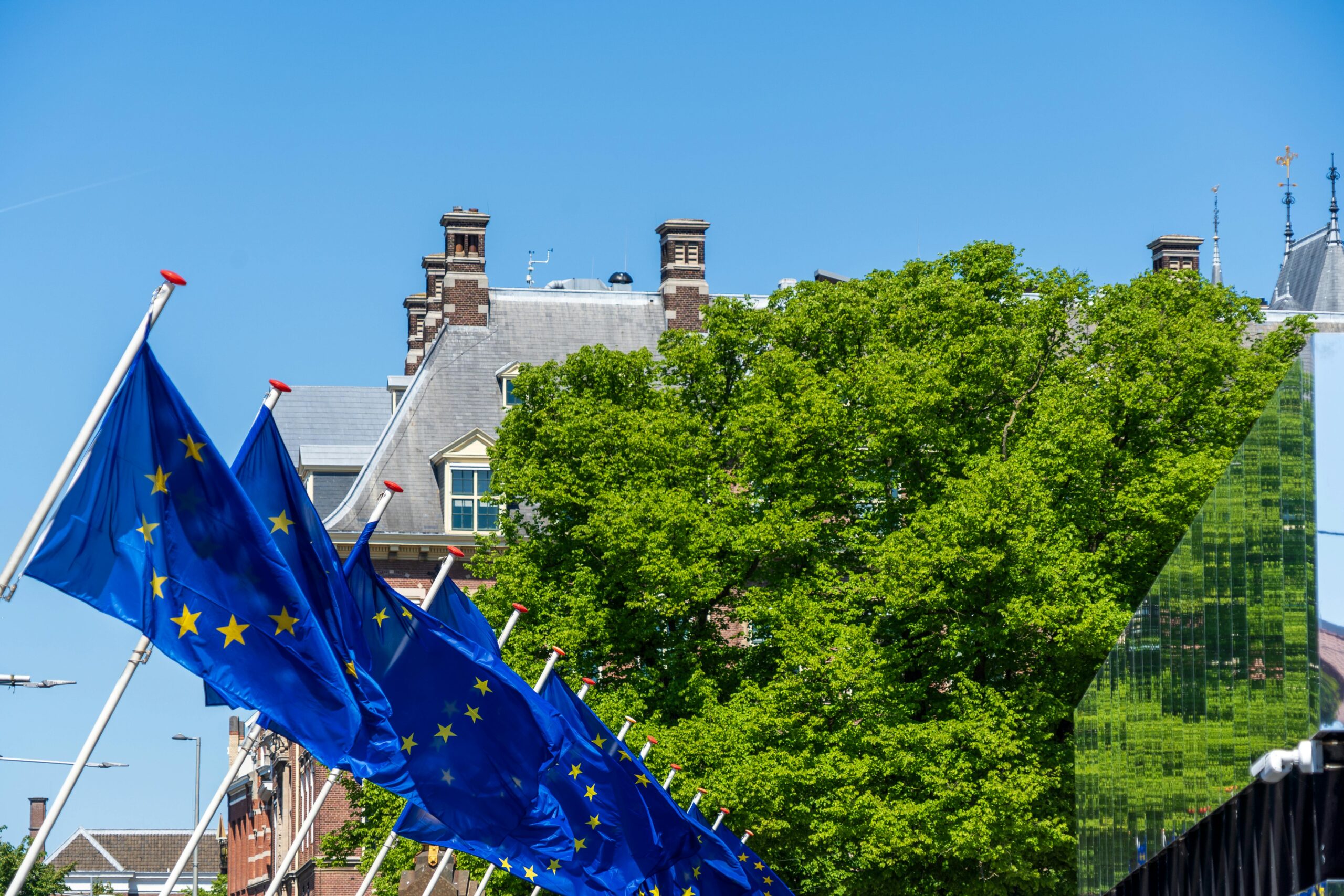The EU’s Digital Services Act (DSA), adopted in 2022, is designed to safeguard democracy from disinformation, hate speech, and manipulative election campaigns. However, enforcement of the DSA is facing obstacles as leading US firms drop content moderation practices.
After taking over X (formerly Twitter), Elon Musk fired moderators and scrapped transparency measures tracking disinformation, in an attempt to turn the platform into a bastion of free speech. Silicon Valley CEOs are now following suit, in efforts to court President-elect Donald Trump. On January 7, Mark Zuckerberg announced that Meta is getting rid of third-party fact-checkers and replacing them with a system of crowd-sourced “Community Notes,” similar to what exists on X. Fact-checking had become too biased and far-reaching, Zuckerberg argued.
A growing transatlantic divide on content moderation policy is expected under Trump. Whilst US tech companies are taking a step back, the DSA promotes a hands-on approach to tackling online disinformation. It subjects Very Large Online Platforms (VLOPs) – services with over 45 million monthly users, corresponding to approximately 10% of the EU’s population – to strict scrutiny, requiring detailed risk assessments and transparency on content moderation practices.
Nonetheless, the DSA t does not require Meta to fund independent fact-checking services. If Meta continues to file risk assessments and offer transparency data, it could still claim compliance – even though it allows hate speech and disinformation to spread. How policymakers will respond remains to be seen.
Other US companies are also in the crosshairs. In July 2024, the European Commission preliminarily found X to be in breach of the DSA for failing to meet transparency and accountability rules. The Commission will face a hard decision of whether to impose fines on X – the first under the DSA – of up to 6% of its revenue and 6% of Musk’s other companies Tesla, SpaceX, and Neuralink. The fines risk damaging Europe’s already strained relationship with the incoming Trump administration.
“The DSA IS misinformation,” Elon Musk wrote on X in response to the European Commission. Likewise, Zuckerberg stated that “Europe has an ever-increasing number of laws institutionalizing censorship and making it difficult to build anything innovative there.”
EU policymakers are not happy. “We know that it’s not true,” European Commission Vice President Henna Virkkunen told Brussels media in response to Zuckerberg’s comments. “In Europe, freedom of speech is one of our fundamental values and it’s also respected and protected [in] our Digital Services Act. So, it’s very misleading.”
Enforcing the DSA will be a key challenge facing Vice President Virkkunen over the next mandate. It looks like a tough task: Brussels will have to reckon with American freedom of speech norms at odds with its own.

